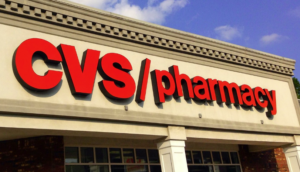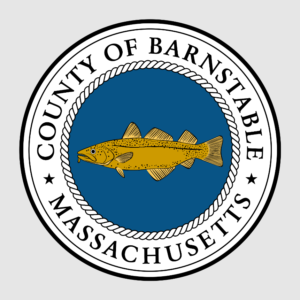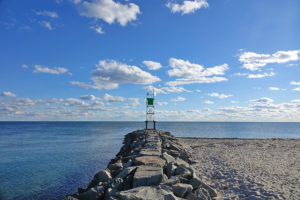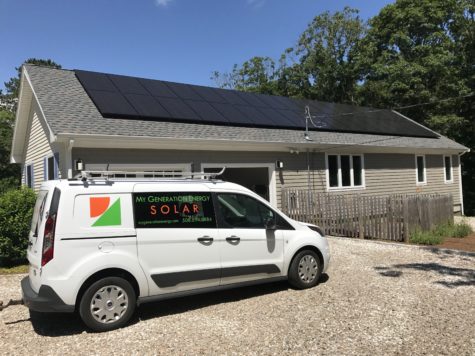
What Are The Components In A Photovoltaic (PV) Solar Panel?
Converting solar radiation to electric energy is a complex process. The photovoltaic panels are the root of the successful energy conversion process to occur. But on their own, they are incapable of producing a reliable electric current. PV panels require several components to generate safe and usable energy:
Photovoltaic Module
This is the core element that houses solar cells. Every cell acts as a conversion unit that produces DC voltage when light from the sun hits it.
DC & AC Wiring
The DC (direct current) and AC (alternating current) are responsible for switching on/off power to and from the inverter.
Inverters
The main purpose of a solar inverter is to convert the DC electricity flowing from your solar panels into usable AC power that your home appliances use.
There are two types of inverters: string inverter or a micro inverter.
As the name implies, string inverters “string” together sets of panels and the electricity generated gets sent to the inverter as a unit to be converted to AC. If one of the panels were to be shaded by trees at a certain time of day, the productivity of the whole set would deteriorate, because production output is reliant on the performance of the worst producing solar panel.
My Generation Energy primarily uses micro-inverters. They do the job of converting DC to AC at the back of every single panel, which means they have the ability to think and work independently from one another. This is especially ideal if you have a partially shaded roof as it won’t affect the rest of the array.
Batteries
Battery storage systems store electric energy to be used during a power outage, or depending on your state, during grid peak demand periods.
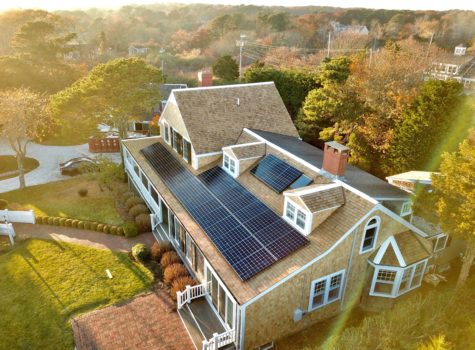 What Does Net Metering Mean?
What Does Net Metering Mean?
Homeowners that go solar can benefit from net metering if they produce more energy than they use each month. The excess energy produced goes back to grid and is reimbursed as a monetary credit that stays on your electric bill until it is used up. You won’t receive a hard check as this reimbursement.
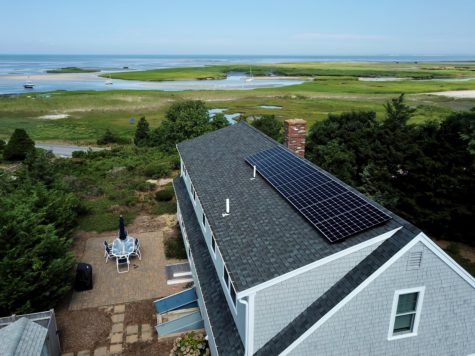 How Do Grid-Tied And Off-Grid Solar Compare?
How Do Grid-Tied And Off-Grid Solar Compare?
We hear a lot that homeowners want to install solar panels to achieve energy independence from the grid. However, in urban areas, it’s not a simple as you’d think.
Staying grid-tied offers security and added benefits for homeowners. Massachusetts has great solar incentives, including a $1000 State tax credit for primary residents, a 26% Federal tax credit on the total cost of your system through 2021, net metering credits on your electric bill, and SMART (Solar Massachusetts Renewable Target Program) incentive payments. SMART payments are an added incentive for being a green energy producer. You receive monthly payments for a term of 10 years for the solar you produce.
Unfortunately, those incentives mentioned above are not available if you want to cut ties with the grid. Off-grid is a great option for cabins, campers, and isolated areas. However, without a connection to the grid, you would likely need to store your energy using a battery(s), which can make installation cost much higher.
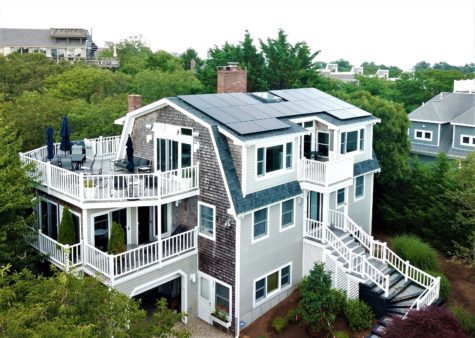 How Do I Know If My House Is A Good Solar Candidate?
How Do I Know If My House Is A Good Solar Candidate?
There are three factors for determining if your house is a viable solar candidate: pitch, orientation, and shading.
My Generation Energy will conduct a contact-free site assessment to determine what your site-specific effectiveness is, and to determine how many solar panels your yearly usage requires.
[CP_CALCULATED_FIELDS id=”6″]
*This is only an estimate. For an accurate solar assessment of your individual property an on-site visit is suggested.
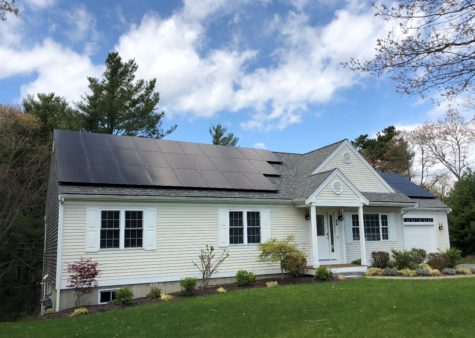 What Is The Lifespan Of A Solar Panel?
What Is The Lifespan Of A Solar Panel?
Solar panels are warrantied for 25 years based on their output being at least 90% of the original value. However, that doesn’t mean that they stop producing electricity after that. The lifespan of solar panels can be much longer!
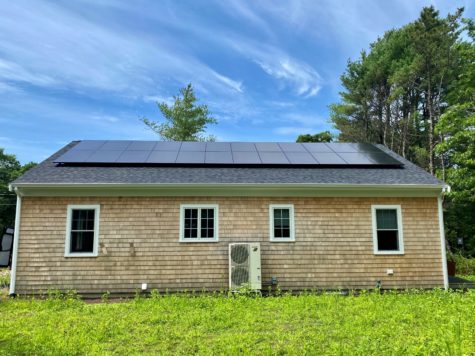 Things You Should Know About Going Solar:
Things You Should Know About Going Solar:
- Buying is better for your wallet than leasing.
- Solar is a better investment than the stock market.
- The three factors that determine whether your property is a good candidate for solar: roof orientation, roof pitch, and shading.
- Third party clean energy companies often cost more than regular electricity from your utility – or buying your own solar array.
- The federal solar tax credit is set to step down in 2023.
- You can get a solar loan if you don’t have the upfront cash to buy your solar panels and it will still save you money vs leasing.
- Solar batteries can protect you against power outages.




